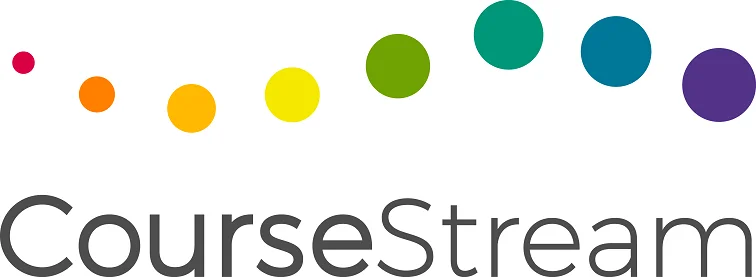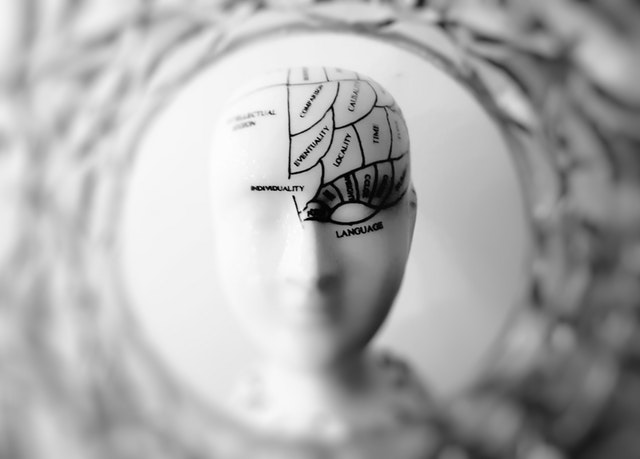Neuropsychology Course Online
Why Study this Neuropsychology Course?
If you’re interested in having a deeper understanding of how our brain works, or if you want to deepen your knowledge about neuropsychology, then this online neuropsychology course will teach you that and more! This course covers the fundamental knowledge needed in order for you to understand neuropsychology, such as the techniques used, what makes up a neuron, how the nervous system works and the parts of it, how the brain develops, and much more.
A fascinating insight into the field of neuropsychology.
Learn how the structure and function of the brain is related to psychological processes and behaviours in this 100 hour self paced online course.
Course Aims:
- Describe the relevance of neuropsychology to managing psychological disorders.
- Explain the physiology of the nervous system.
- Describe the anatomy of the nervous system.
- Describe how conditions within the brain affect the way in which a person is physically capable or incapable of performing a variety of different tasks.
- Explain how various aspects of a person’s thought processes may vary according to that person’s neurobiology.
- Describe a variety of perceptual disorders.
- Explain a variety of motor disorders.
- Explain the neuropsychology of language.
- Differentiate between different dementias.
- Explain aspects of development in neuropsychological terms.
Course Structure
There are 10 lessons in this course:
- Foundations of Neuropsychology
- What is neuropsychology?
- The Information Processing Approach
- Studying the human mind
- Techniques used
- Brain scans
- Animal studies
- Methods of investigating the brain
- Psychological tests
- Stroop test.
- Neurophysiology
- Neurons
- Parts of a neuron
- Neurotransmitters
- Effects of neurotransmitters
- Neurotransmitters and their effects
- Endorphins
- Disorders associated with neurotransmitters
- Glia cells
- Schwann cells
- Nerve impulse
- Synaptic transmission
- Nerve impulse
- Neuromuscular transmission.
- Neuroanatomy
- The nervous system
- Parts of the central nervous system
- The brain
- The spinal cord
- Spinal nerves
- Blood brain barrier
- Peripheral nervous system
- Autonomic nervous system
- Sensory somatic nervous system
- Spinal nerves
- Cranial nerves
- How the nervous system works (a summary)
- Problems with brain functioning
- Cerebral palsy
- Brain tumours
- Injuries to the head
- Epilepsy
- Headaches
- Mental illness
- Meningitis and encephalitis.
- Laterality and Callosal Syndromes
- Brain lateralisation
- Left handedness
- Cognitive neuropsychology
- Callosal syndrome
- Complete severance
- Split brain
- Complete severance
- Split brain syndrome
- Lobotomy
- Psychosurgery
- Dual brain theory
- Cognition, Personality and Emotion
- Brain damage
- Emotion and moods
- Phineas Gage
- Brain damage and emotion
- Frontal lobe
- Higher level functioning
- The Limbic system
- Neurotransmitters
- Neuropsychology
- Emotions research.
- Perception Disorders
- Hemispatial neglect
- Causes of hemispatial neglect
- Auditory perceptual disorder
- Agnosia
- Visual agnosia
- Types of visual agnosia
- Prosopagnosia
- Simultanagnosia
- Optic aphasia
- Hallucinogen persisting perception disorder.
- Motor Disorders
- Parkinson’s Disease
- Motor disorders resulting from traumatic brain injury
- Non traumatic and/or genetic paediatric movement disorders
- Cerebral palsy
- Motor conditions
- Gerstmann’s Syndrome
- Apraxia
- Motor skills disorder
- Motion dyspraxia
- Neural transplants and Parkinson’s Disease
- Gene therapy
- How does gene therapy work
- Ethical issues surrounding gene therapy,
- Language
- Broca’s area
- Wernicke’s area
- Speech
- Language
- Speech and language disorders
- Apraxia
- Aphasia
- Stuttering
- Neurogenic stuttering
- Troyer syndrome
- Speech disorders.
- Dementia
- Kinds of dementia
- Alzheimer’s Disease
- Vascular Dementia
- Multi-infarct Dementia
- Parkinson’s Disease
- Pick’s Disease
- Dementia with Lewy Bodies
- Huntingdon’s Disease
- Pseudo-Dementia
- Spotting dementia and other conditions,
- Neurodevelopment
- Major processes of neurodevelopment
- Neurogenesis
- Migration
- Differentiation
- Apoptosis
- Aborisation
- Synaptogenesis
- Asperger Syndrome
- Neuroplasticity and brain damage.
Enrol Now
- Experienced Tutor support
- Certificate sent to you
- Online study (Printed notes available)
- Self paced - no set timetable
- 12 months to complete course
From: $25.00 / week for 26 weeks
Get a Free Info Pack!











